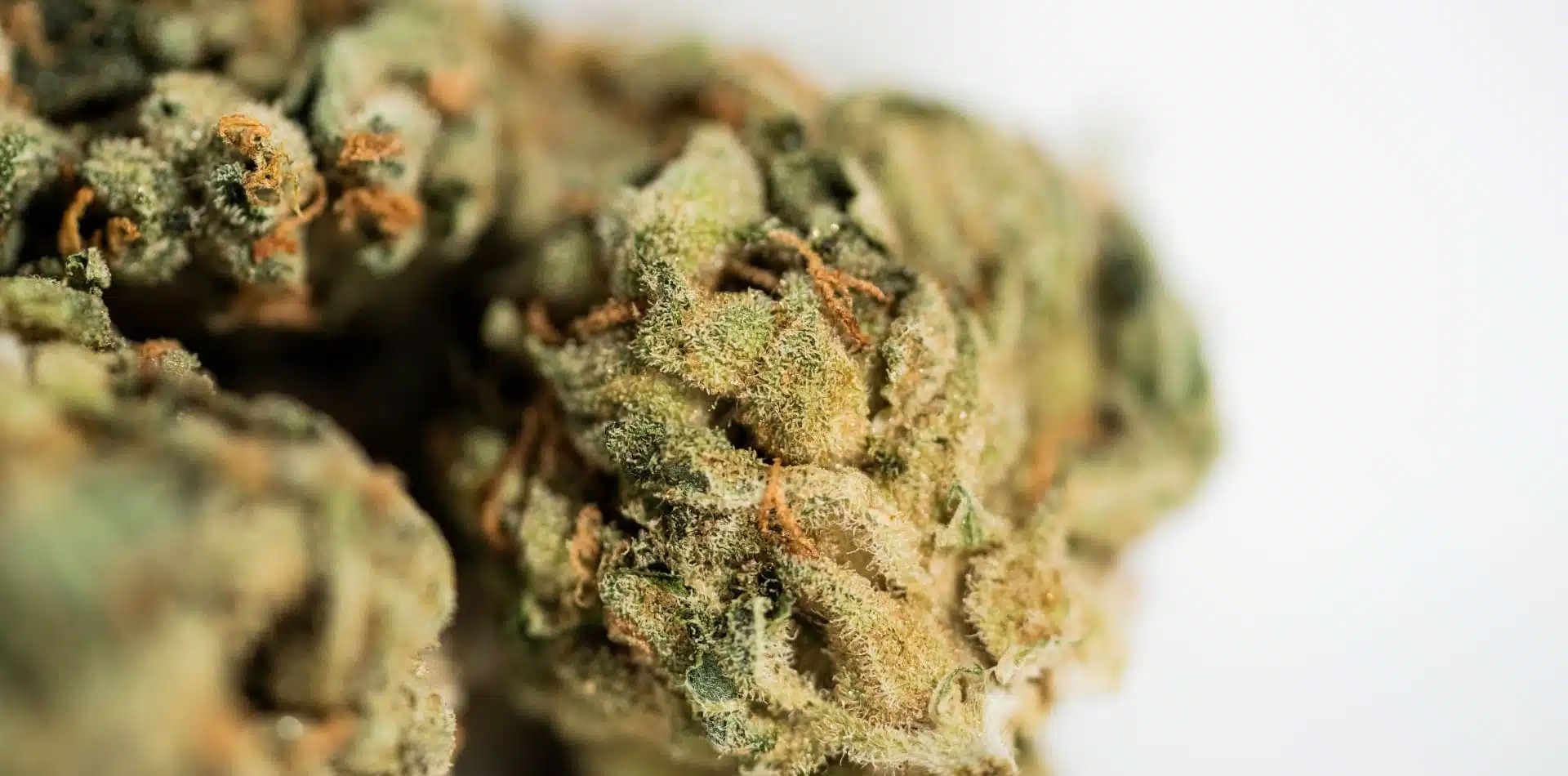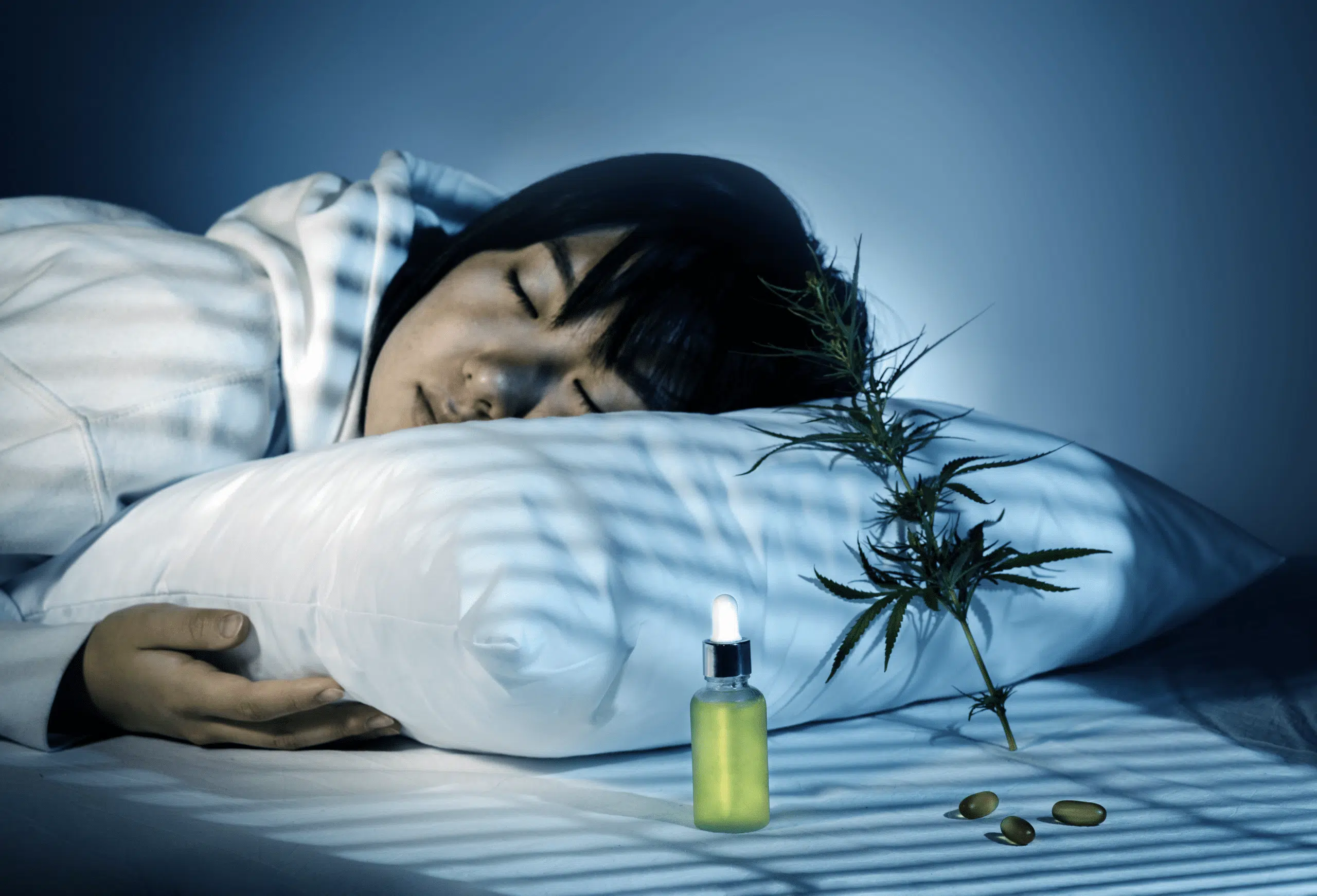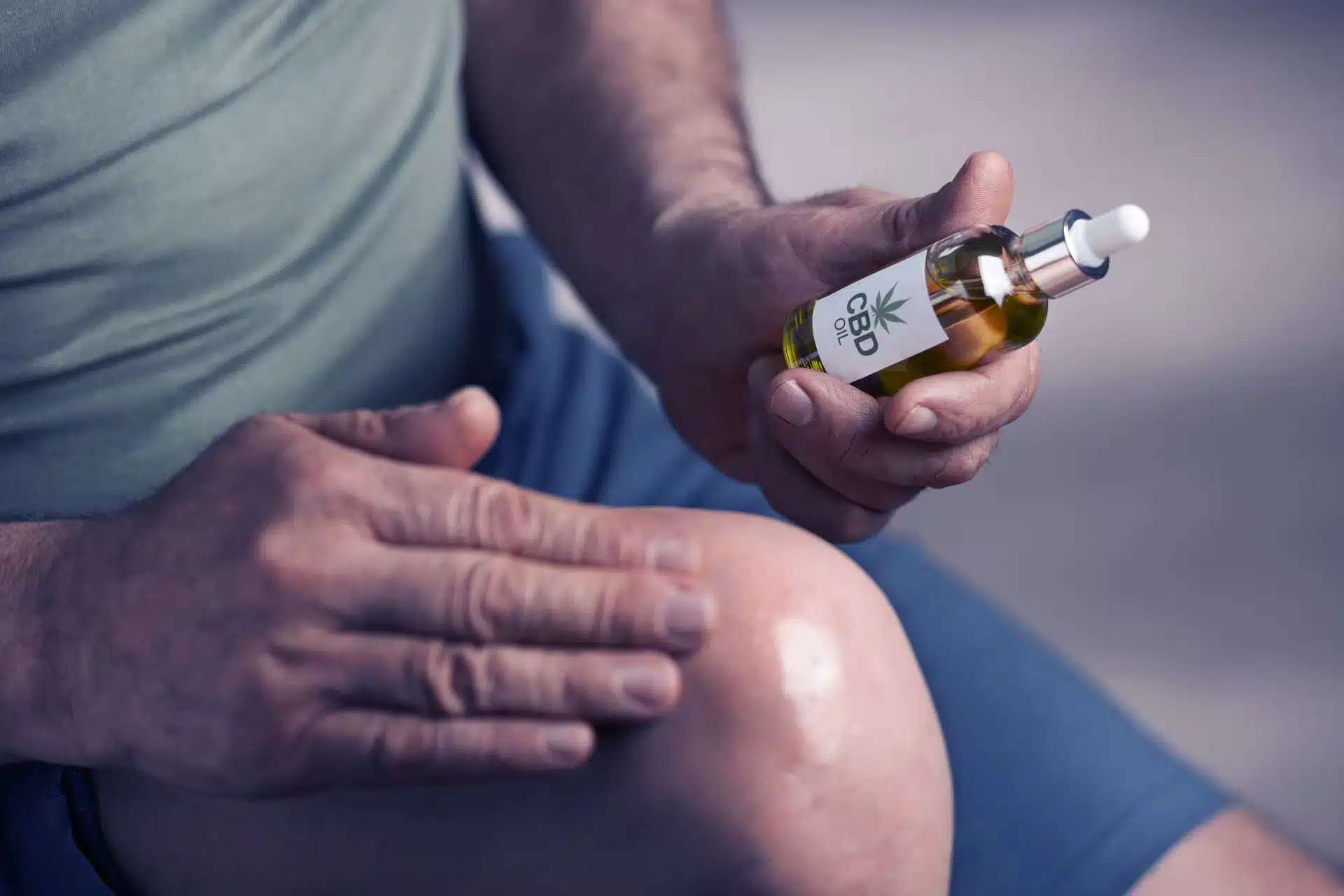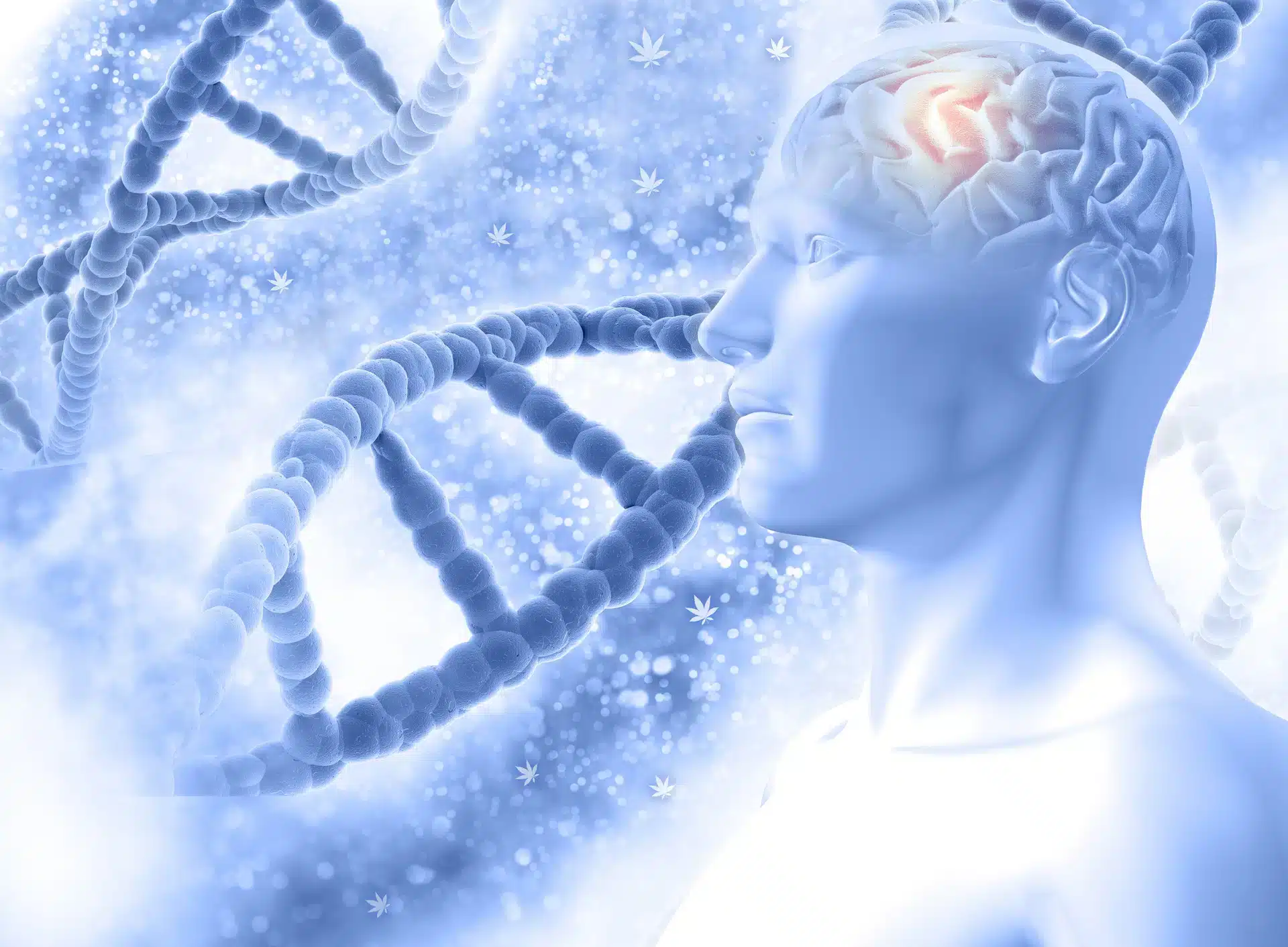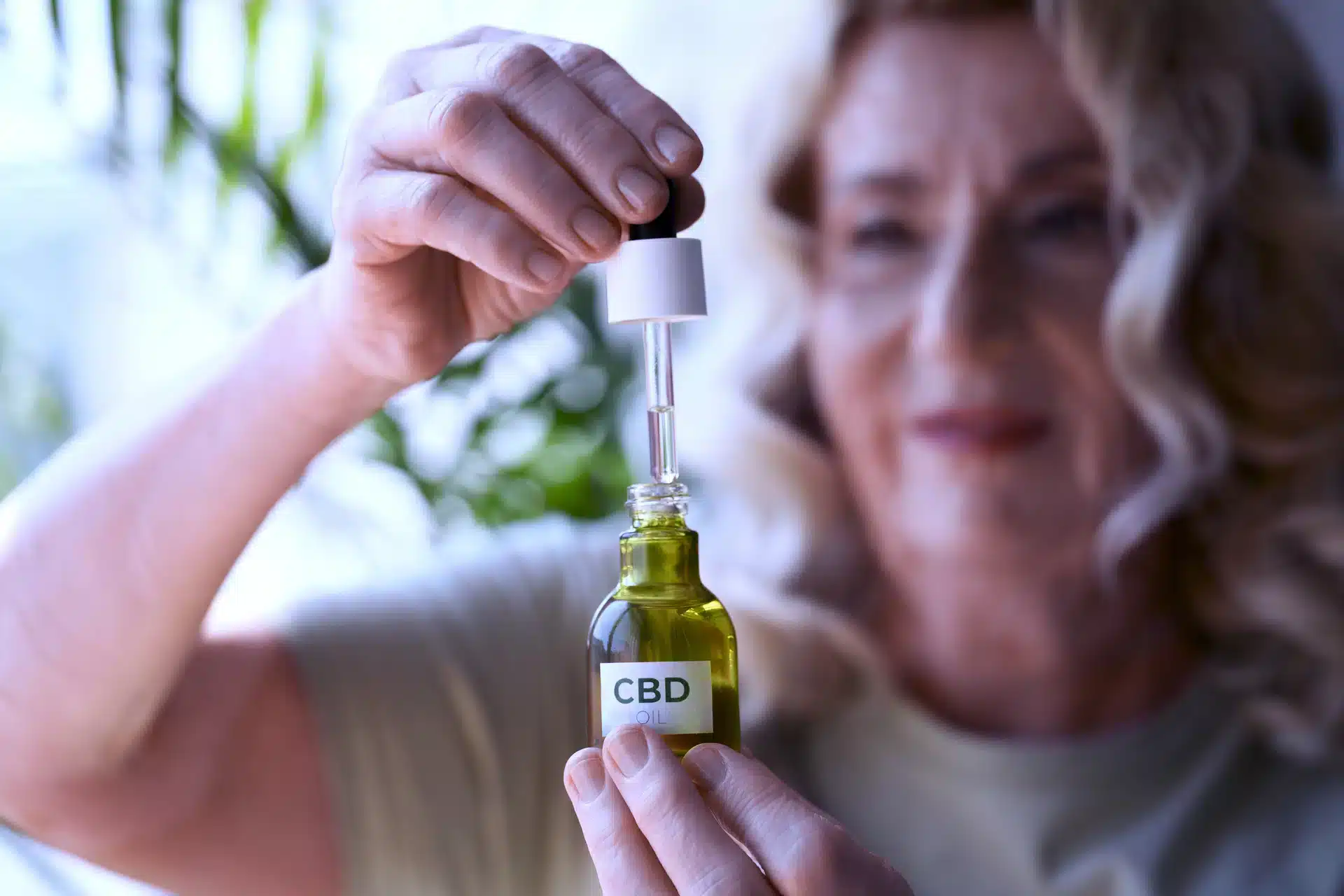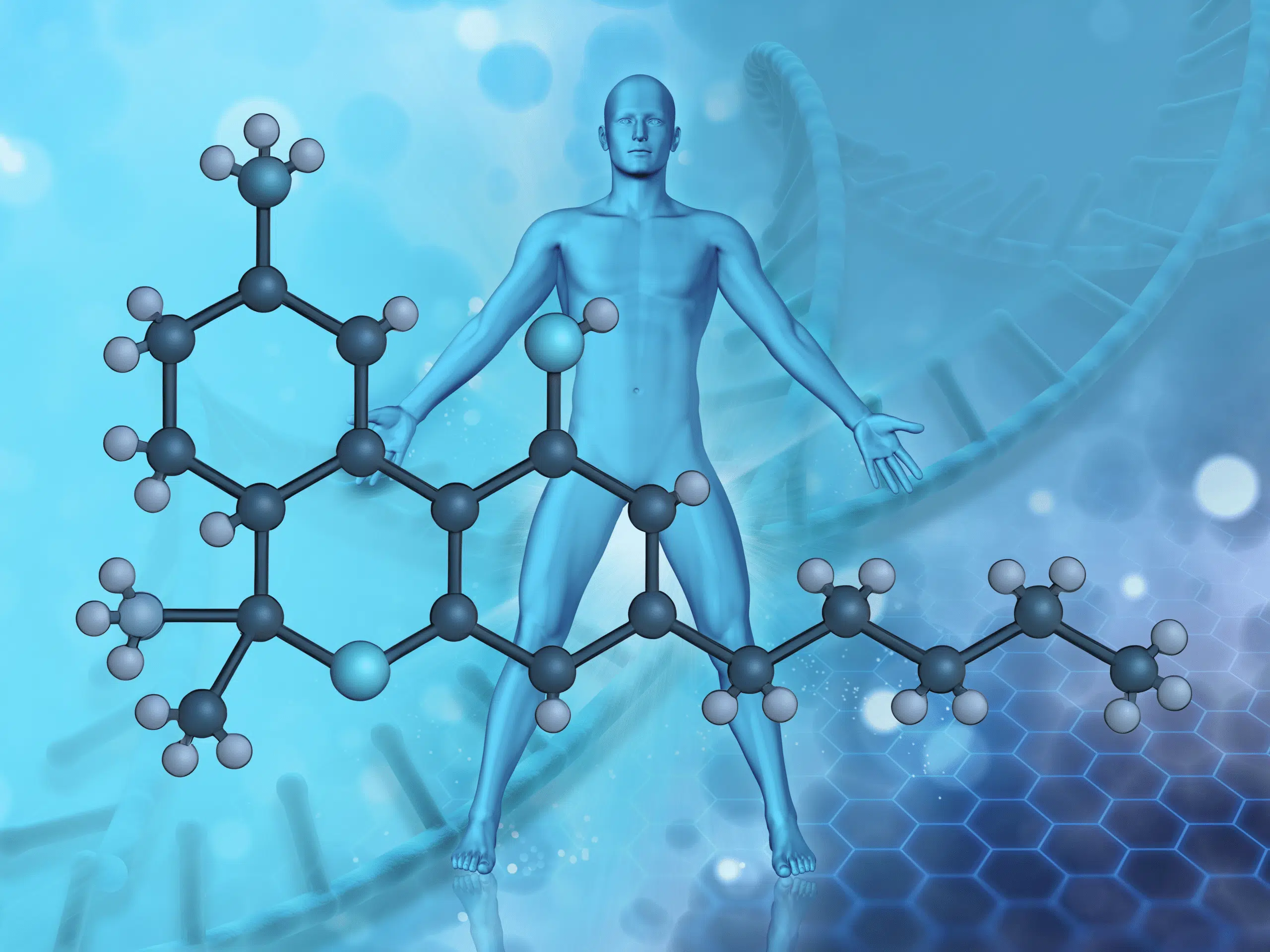Share
Exploring the Role of Medical Cannabis in Managing Anxiety and Stress

Recently, there’s been a lot of talk about cannabidiol, a compound found in the Cannabis sativa plant. Unlike its well-known counterpart, the delta-9-tetrahydrocannabinol (THC), CBD doesn’t make you feel high. You can find CBD in various products like oils, capsules, gums, sprays, and gummies.
CBD’s popularity is partly due to promising research suggesting it may offer countless health benefits. Some studies indicate CBD could help with mental health issues like anxiety, social anxiety disorder, social phobia, PTSD, schizophrenia, addiction, and epilepsy.
Good mental health is fundamental to living a fulfilling life. However, the prevalence of anxiety and stress disorders across Europe affects millions of individuals, many of whom seek effective solutions beyond conventional treatments.
Anxiety disorders impact approximately 25 million people in the EU, constituting 5.4% of the total population, while depressive disorders affect 21 million individuals, representing 4.5% of the population. Moreover, a staggering one in two people reported experiencing feelings of depression or anxiety within the last 12 months, as of June 2023.
Given these statistics, many individuals are curious about the potential of medical cannabis for managing anxiety and depression. Let’s explore how medical cannabis works and its potential benefits for these conditions.
Understanding anxiety and stress
Anxiety and stress are common emotional states characterized by feelings of worry, fear, or unease. Chronic stress can have profound effects on physical and mental health, impacting cardiovascular health and increasing the risk of anxiety and depression. Traditional treatments like medications may not always be suitable for everyone due to side effects or limited effectiveness.
Regulation of the stress response by the endocannabinoid system
The endocannabinoid system, specifically CB1 and CB2 signaling, plays a crucial role in modulating the body’s response to stress. This system influences both central (brain-based) and peripheral (body-based) aspects of stress reactions. CB1 receptors, abundant in stress-associated brain regions like the cortico-limbic areas, interact with cannabinoids such as anandamide (AEA) and 2-arachidonoylglycerol (2-AG) to regulate stress responses.
After exposure to stress, cortisol levels increase and stimulate the production of 2-AG, which enhances CB1 signaling to help shut down the stress response. Repeated stress exposure further increases 2-AG levels, promoting habituation to stress. Prolonged stress exposure can lead to epigenetic changes that reduce CB1 expression in the stress centers of the brain, impacting the body’s ability to regulate stress.
How medical cannabis works for anxiety
Medical cannabis interacts with the body’s endocannabinoid system, influencing mood, stress response, and pain perception. Cannabinoids like CBD modulate neurotransmitter activity and receptor signaling, promoting relaxation and calmness. Research published in the Journal of Psychopharmacology demonstrated that CBD significantly reduced anxiety in individuals with social anxiety disorder during a public speaking task. Other studies highlight CBD’s ability to modulate brain activity and emotional regulation, showing promise for anxiety treatment.
Improved sleep quality is also reported with medical cannabis use, which is essential for stress recovery and overall mental well-being. By addressing the underlying causes of anxiety and promoting relaxation, medical cannabis enhances emotional resilience and balance.
CBD’s anxiolytic actions appear to involve interactions with CB1 receptors (CB1Rs) and 5-HT1A receptors (5-HT1ARs) simultaneously, in several brain regions. While these mechanisms have been identified, a broader investigation into additional receptor actions may uncover further mechanisms underlying CBD’s anxiolytic effects.
Additionally, CBD is reported to have minimal sedative effects and an excellent safety profile in humans.
Despite CBD being promising as a therapy for anxiety disorders, further clinical investigation is necessary.
Based on the study “Reasons for cannabidiol use: a cross-sectional study of CBD users, focusing on self-perceived stress, anxiety, and sleep problems”, a significant proportion of participants (42.6%) reported using CBD specifically for self-perceived anxiety, indicating a widespread interest in using CBD as a potential therapeutic for anxiety-related problems.
Furthermore, the study assessed how often participants thought about their problems when trying to relax before and after using CBD. Interestingly, a majority of respondents (58.9%) reported thinking about their struggles less after using CBD, suggesting that CBD may help alleviate intrusive thoughts and promote relaxation for many individuals.
The lack of significant associations between the effectiveness of CBD in reducing self-perceived anxiety and demographic factors such as age, sex, or location suggests that CBD’s potential benefits for anxiety may be consistent across different demographic groups.
Similarly, the absence of associations between CBD use and changes in the frequency of thinking about problems further supports the notion that CBD may have a generalizable effect on reducing intrusive thoughts and promoting relaxation, regardless of individual characteristics.
Reasoning, the study provides compelling evidence that CBD may be an effective intervention for reducing self-perceived anxiety and intrusive thoughts, with most users reporting positive outcomes. These findings underscore the potential therapeutic value of CBD in managing anxiety symptoms and highlight the need for further research to better understand its mechanisms of action and optimize its use in clinical practice.

Medical Cannabis as stress relief treatment
Medical cannabis has garnered attention as a potential treatment for stress relief due to its reported anxiolytic properties. Cannabidiol, a non-intoxicating compound found in cannabis, has shown promise in reducing stress levels and promoting relaxation without the psychoactive effects associated with delta-9-tetrahydrocannabinol.
According to study “Reasons for cannabidiol use: a cross-sectional study of CBD users, focusing on self-perceived stress, anxiety, and sleep problems”, Among our respondents, 37.5% reported using CBD to alleviate perceived stress, with an impressive 92.2% reporting reduced stress levels. This poses stress relief as the third most common reason for CBD use in our sample. Surprisingly, there are no studies directly investigating how CBD impacts perceived stress levels. One possible motive for this gap in research may be that stress, aside from post-traumatic stress disorder, isn’t officially classified as a disease according to international disease classification standards.
However, given the significant impact of stress on productivity and well-being, as evidenced by over 12.8 million lost working days due to work-related stress, anxiety, or depression in the UK alone, the relationship between CBD and stress warrants further exploration. Understanding how CBD might alleviate stress could have important implications for workplace health and overall quality of life.
Interestingly, a recent study that examined social media comments about the perceived therapeutic effects of CBD products found that stress and nausea were among the most frequently discussed symptoms. This highlights the misalignment between the symptoms that users find relief from with CBD and the focus of current research efforts. Exploring the potential benefits of CBD for stress management could address a significant gap in the literature and provide valuable insights for both researchers and individuals seeking alternative stress relief strategies.
Safety considerations
Low-dose CBD has shown effectiveness in managing stress symptoms with a good safety profile. Studies indicate that doses below 150 mg/day are well-tolerated and have minimal adverse effects compared to THC, which can cause intoxication and cognitive impairment. CBD’s half-life is relatively short, around 3 hours for a single dose, but it accumulates in tissues with repeated doses, extending its half-life to 2-5 days.
Despite promising preclinical and experimental research, there is still a shortage of large-scale human trials to fully understand CBD’s effectiveness and its proper usage. Most studies use high doses of CBD, but many people around the world are using lower doses, creating a gap between research and real-world use.
Surveys have found that many CBD users report using it for chronic pain, arthritis, anxiety, depression, and insomnia, among other reasons. CBD has become increasingly popular, with surveys showing significant interest and millions of users worldwide. However, the rapid rise in CBD’s popularity has caught many scientists, doctors, and governments off guard, leading to confusion over its regulation and classification.
Medical cannabis use requires caution, especially for individuals with medical conditions or taking other medications. Consultation with a healthcare professional is crucial to understand potential interactions and ensure personalized treatment plans. Prioritizing this conversation ensures the safe and informed management of anxiety and stress with medical cannabis.
Conclusion
In summary, the interest in cannabinoids for psychiatric disorders arises from a blend of historical use and modern scientific findings. While promising, further research is still crucial to fully grasp their potential in mental health care. It’s important to approach the available data cautiously due to the small sample sizes in many studies. Moreover, the treatment of anxiety disorders with cannabinoid therapies requires careful consideration, given their complex relationship with substance use disorders, often necessitating a comprehensive biopsychosocial approach. In this context, CBD emerges as a potentially preferable option, given its non-intoxicating nature compared to THC and its demonstrated anxiolytic effects in preclinical studies.
Sources:
Henson JD, Vitetta L, Quezada M, Hall S. Enhancing Endocannabinoid Control of Stress with Cannabidiol. J Clin Med. 2021. Dec 14; 10(24): 5852.
Stack SK, Wheate NJ, Schubert EA. Medicinal Cannabis for the Treatment of Anxiety Disorders: a Narrative Review. Curr Treat Options Psych. 2022. 9: 163–173.
Hoch E et al. How effective and safe is medical cannabis as a treatment of mental disorders? A systematic review. Eur Arch Psychiatry Clin Neurosci. 2019. 269(1): 87–105.
Minhas M, Lunn SE. Naturalistic examination of the anxiolytic effects of medical cannabis and associated gender and age differences in a Canadian cohort. J Cannabis Res. 2023. Jun 9; 5(1): 20.
Berger M, Amminger GP, McGregor IS. Medicinal cannabis for the treatment of anxiety disorders. Aust J Gen Pract. 2022 Aug; 51(8): 586-592.
Murphy M et al. A cohort study comparing the effects of medical cannabis for anxiety patients with and without comorbid sleep disturbance. Neuropsychopharmacol Rep. 2024 Mar; 44(1): 129-142.
Haller J. Anxiety Modulation by Cannabinoids —The Role of Stress Responses and Coping. Int. J. Mol. Sci. 2023. 24(21), 15777.
Gold M. Medicinal Marijuana, Stress, Anxiety, and Depression: Primum non nocere. Mo Med. 2020 Sep-Oct;117(5): 406-411.
Blessing EM, Steenkamp MM, Manzanares J, Marmar CR. Cannabidiol as a Potential Treatment for Anxiety Disorders. Neurotherapeutics. 2015 Oct;12(4):825-36.
Moltke J, Hindocha C. Reasons for cannabidiol use: a cross-sectional study of CBD users, focusing on self-perceived stress, anxiety, and sleep problems. J Cannabis Res. 2021 Feb 18;3(1):5.
Medical Cannabis in Managing Anxiety and Stress


